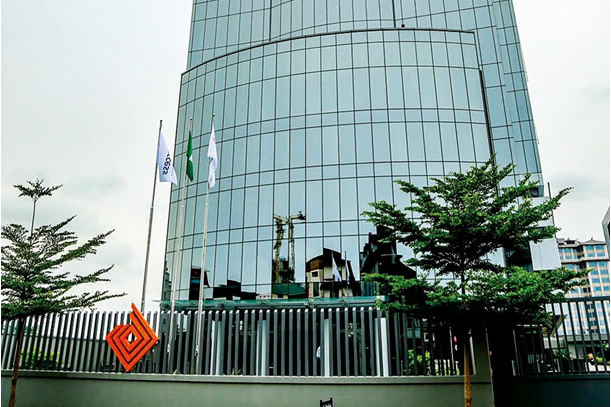Latest News
Access Bank supports the Climate Leadership Fellowship

News Highlight
Tackling the climate crisis through sustainable actions is of utmost importance to Access Bank.
Climate change is having serious impacts on Nigeria. Increases in heat levels are affecting millions of people without access to air conditioning or electricity. Extreme climate conditions are also precipitating changes that are threatening the country’s largely rain-fed agricultural sector. Severe cases of drought and desertification are ravaging parts of the northern region leading to conflicts from lack of water, while extreme flooding and disease spread through contaminated water are reported in the southern parts of the country. There is the need for much greater implementation of climate change mitigation and adaptation measures in the country to address these issues.
Over the years, Access Bank has mainstreamed environmentally-friendly policies into its business practices to manage its operational impact on the environment. Tackling the climate crisis through sustainable actions is of utmost importance to the Bank. By fostering awareness, capacity building and innovation, the Bank helps communities and individuals to reduce greenhouse gas (GhG) emissions and effectively adapt to the changing climate. In this regard, Access Bank recently supported the Climate Leadership Fellowship, which was initiated by Climate Smart Nigeria in partnership with Glow Initiative for Economic Empowerment. The program was designed to provide expert training on climate change advocacy and leadership to a new crop of young Nigerian leaders to build national climate resilience.
The program, which ran for 12 weeks, empowered 50 Fellows/Leaders with expert training to lead change for climate action. All the Fellows received a climate education toolkit and a certificate of climate leadership. Utilising a train-the-trainer approach, the Fellows adopted schools and taught climate change across communities in Nigeria.
Students in junior and senior secondary schools were taught how they can play active roles to fight against climate change as well as its impact on the environment and the economy. About 5,000 students in 30 schools across the country benefitted from this training program.
Access Bank has also embarked on several projects in response to the ravaging impacts of climate change around the world. The Bank pioneered waste recycling in the financial sector in Nigeria and has planted over 75 waste recycling locations across the country.
Recognising the opportunity to foster a healthy environment through eco-friendly cooking fuel, Access Bank partnered with SME Funds to implement the Green Social Entrepreneurship program. The program has empowered 238 entrepreneurs (70 percent of which were women) in the business of the clean cooking stove technology with easy access to start-up capital, thereby lifting them out of poverty and fighting climate change. These entrepreneurs have made returns of over $39,317.28 with 7,500 litres of bio-gel produced and distributed. Additionally, 598 households and about 2,100 beneficiaries have had access to low-cost cooking fuel and stoves, leading to the displacement of 287MtCO2.
Related News
Latest Blogs
- The Museum of West African Art saga
- The complexity and complication of Nigeria’s insecurity
- Between bold is wise and wise is bold
- Prospects of port community system in Nigeria’s maritime sector
- Constitutionalism must anchor discipline in Nigerian Armed Forces
Most Popular News
- NDIC pledges support towards financial system stability
- Artificial intelligence can help to reduce youth unemployment in Africa – ...
- Afreximbank backs Elumelu’s Heirs Energies with $750-million facility
- AfDB and Nedbank Group sign funding partnership for housing and trade
- GlobalData identifies major market trends for 2026
- Lagride secures $100 million facility from UBA







